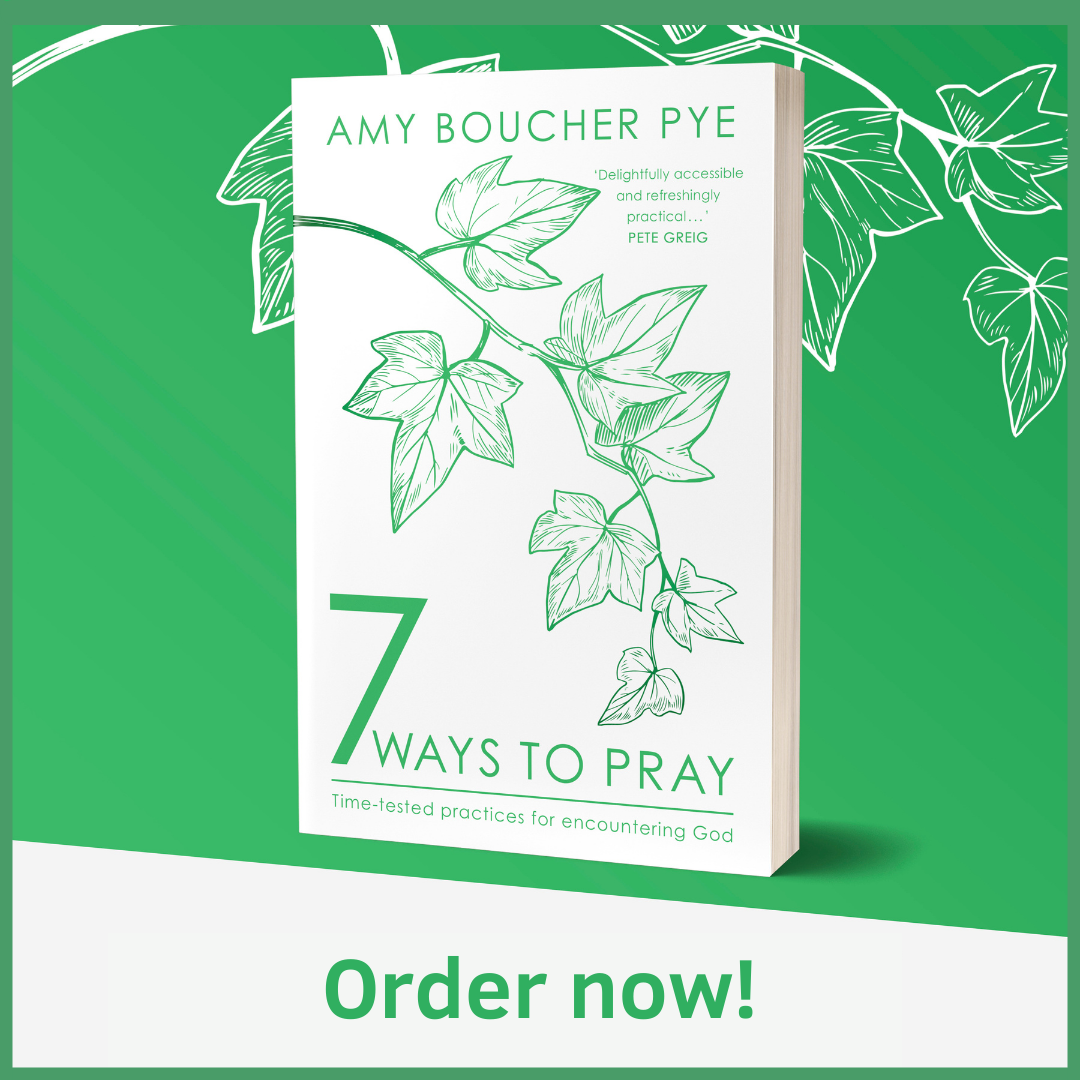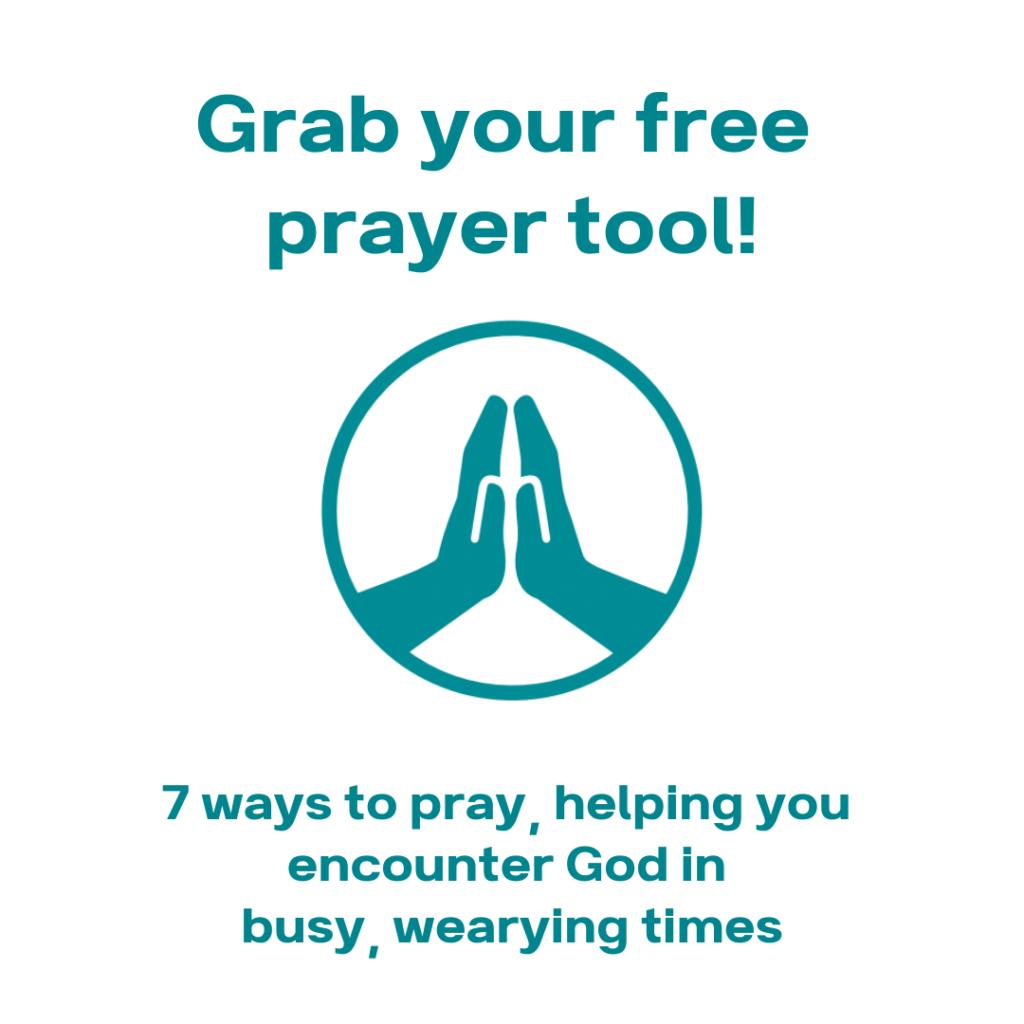A tale of gossip, shame, and forgiveness
We were traveling on a budget – not uncommon for clergy and those doing so-called Christian work.* We were sharing lunch in a small coffee shop on Holy Island (Lindisfarne), having purchased some hot soup and drinks to supplement our sandwiches, which we (well, I) consumed with a tinge of shame. The quarters were crowded and we were verily on top of a couple who were enjoying their cream tea next to us.
 They were decked out with the requisite waterproofs to protect against the fierce North Sea winds, which they now had mostly shed as they nursed their hot drinks. The woman delivered a string of comments and observations to her unsuspecting or long-suffering companion: “So do you think the gentleman at the hotel was in his seventies? Oh, look, they’re sitting out there in the cold. Oh, they have a dog. That must be why. It’s so windy out there. How’s your scone? I meant to tell you a story about Roger and Elspeth…”
They were decked out with the requisite waterproofs to protect against the fierce North Sea winds, which they now had mostly shed as they nursed their hot drinks. The woman delivered a string of comments and observations to her unsuspecting or long-suffering companion: “So do you think the gentleman at the hotel was in his seventies? Oh, look, they’re sitting out there in the cold. Oh, they have a dog. That must be why. It’s so windy out there. How’s your scone? I meant to tell you a story about Roger and Elspeth…”
Snatches of conversation drifted over, and I caught them unwillingly, wanting instead to focus on my family and my own lunch while feeling conspicuous, guessing that later over tea, we would be the subject of her conversation: “Oh, did you see that family at lunch? They brought their own sandwiches and ate them at the restaurant. I wonder if they don’t have much money. The little girl spilled her hot chocolate all over, didn’t she. Shame. They were British, but not the mother. She was American, I think. The boy refused to eat the roll they had brought. How old do you think the children were? I suppose primary school…”
Something about her continual chatting drained me, and I was eager to leave and experience the space of the island. Finally lunch consumed, spilled hot chocolate cleaned, we left to explore the Priory and the Scriptorium. We enjoyed the majestic ruins of the centuries-old Priory, trying to imagine the early Christians and their life in these fierce conditions. A few hours later, my husband’s drinks routine made a 4pm stop for tea essential. “I don’t want to go back to that same place,” I said. “We were all on top of each other.” And I felt some guilt for having brought our own food into their establishment earlier.
We found a coffee shop bulging with paraphernalia. Old newspaper articles covered the walls, along with fishing traps and cricket bats. The place was empty save for one woman in the corner, turned away from us.
Cakes and tea bought, we settled in the other corner. I had tucked away the exasperation at lunchtime, and now presented my family with my self-important observations: “Oh, I’m so glad we have space here. I felt so hemmed in at lunch. And that woman next to us. Goodness, she just kept going on and on, talking about so many people. Two hands, PyelotBoy; you’ll spill your tea. Her husband didn’t seem to get a word in edgewise. She just kept talking and talking…”
Rant off my chest, I turned to my tea. But I had missed a crucial piece of information that PyelotBoy had keenly observed as we entered the café: that our lone shared café dweller, now silent, was actually… that woman. Of all of the people on the island, we were together again.
He tried to tell me over our tea, and slowly the realization dawned. I had loudly disparaged of “that woman,” and with only us in the café, she couldn’t have helped but hear my cutting comments. The minutes ticked away slowly, shame creeping into my pores. PyelotBoy, in contrast, could hardly contain his glee at my gaffe – very funny from a ten-year-old’s point of view.
I suffered in silence, and eventually the woman got up, thanked the proprietor for a lovely cup of tea, and excused herself to the loo. I thought she’d never leave. I grabbed as a cover the English Heritage children’s activity sheet from the Priory, searching for anything to distract the attention off of me and my shameful act. Reading aloud from it, I used it to shield me from any accusing glance of the woman as she left the café.
 I kept checking the reflection in the glass to see if she was leaving. Finally relief washed over me when she walked out, accompanied by PyelotBoy’s peal of laughter, “Mom, you said all of that in front of her! She heard you talk about her!”
I kept checking the reflection in the glass to see if she was leaving. Finally relief washed over me when she walked out, accompanied by PyelotBoy’s peal of laughter, “Mom, you said all of that in front of her! She heard you talk about her!”
“I know. I’m mortified. That was so terrible. I feel so bad! Guys, let me tell you what that was. That’s called gossiping. I gossiped about someone and she actually heard me. Please learn from my mistakes, for that was sooo wrong.”
“I love to gossip!” PyelotBoy said, in that preteen state of silliness, wanting to oppose his parents and wind them up but not fully ensconced yet in teen rebellion.
“But look at what gossip can do,” I said. “That woman must have heard me, and think of how I must’ve hurt her, with me saying how she talked and talked about everyone. Well, she’ll certainly have something to tell her husband now. Not good. I never should have said that.”
“We know what your sorry prayer is going to be tonight!” said my husband with a laugh.
“Yep, no question. I feel horrible.”
And that shame stayed wrapped around me, like a coat I couldn’t cast off, for the rest of the day and evening. I had modeled bad behavior to the kids. Here on Holy Island I was distinctly not holy. I could only hope that my kids would see the effect of shame. And sin. And the forgiveness God gives.
That constricting and leaden cloak remained until I took it off with God’s help. I poured out my heart before him, asking for forgiveness and expressing my sorrow over my caustic words. By Jesus dying on the cross, I could be free of the weight of the shame; it would now not seep into the very fabric of who I was. I no longer would be called Gossip, but Beloved.
Have your words caused you to stumble? How have you found relief?
*I don’t like to describe it as such for all work, whether in the general marketplace or that of ministry, can be done for the glory of God and therefore be termed Christian. And yes, although on a budget, I acknowledge that we spend a significant portion of our finances on travel as we love experiencing the world and opening up our children’s eyes.








 Hello!
Hello!
Having read the above I thought I would share with you my poem “The Power Of Words
Words can tell of many things,
They can speak of jewels like diamond rings,
Sing of fondness for a brother,
Spit out hatred for another.
Words can be cruel or kind,
Worry you as they play on your mind,
They can share the beauty of a summer’s day,
Or tell the story of a dramatic play.
Words can be very good or bad,
Full of joy or very sad,
Abounding in life or dull and dead,
Depending on the way they are said.
Words can be written, said or sung,
Used by the elderly or very young,
Lying words are said by people uncouth,
While others speak of love and truth.
Words are such a wonderful tool,
use them wisely and you’ll be no fool,
Be careful with the ones you used,
Lets all speak out encouragement not abuse.
(c) Elwyn Bull 2010.
What a wonderful poem! So well said – and written. Thank you. (I wish I was good at rhyming poems; I so am not, so appreciate this all the more.)
Great story, Amy, although I can feel your humiliation as I read. Can only think of instances where I’ve done the same and I squirm inside. Praise God for his forgiveness.
Love your honesty. Love your story. Love your openness with your kids. Love that you know and live in God’s grace. Hurrah!
Thank you for sharing your story. We all have had moments like this and the resulting shame hangover. And like you, I think I hurt just as much for my error as the person her heard my words. I love that you were able to make it a great teaching moment with your kids.